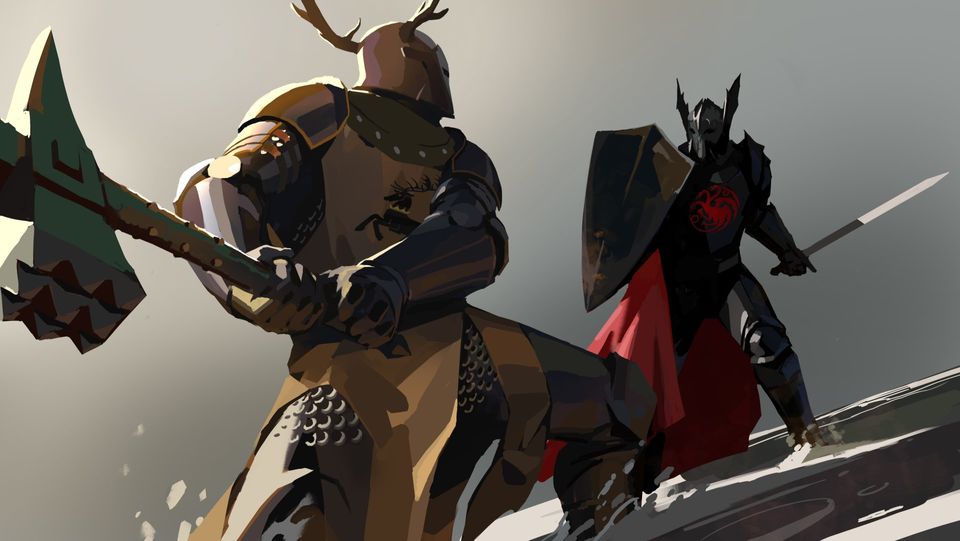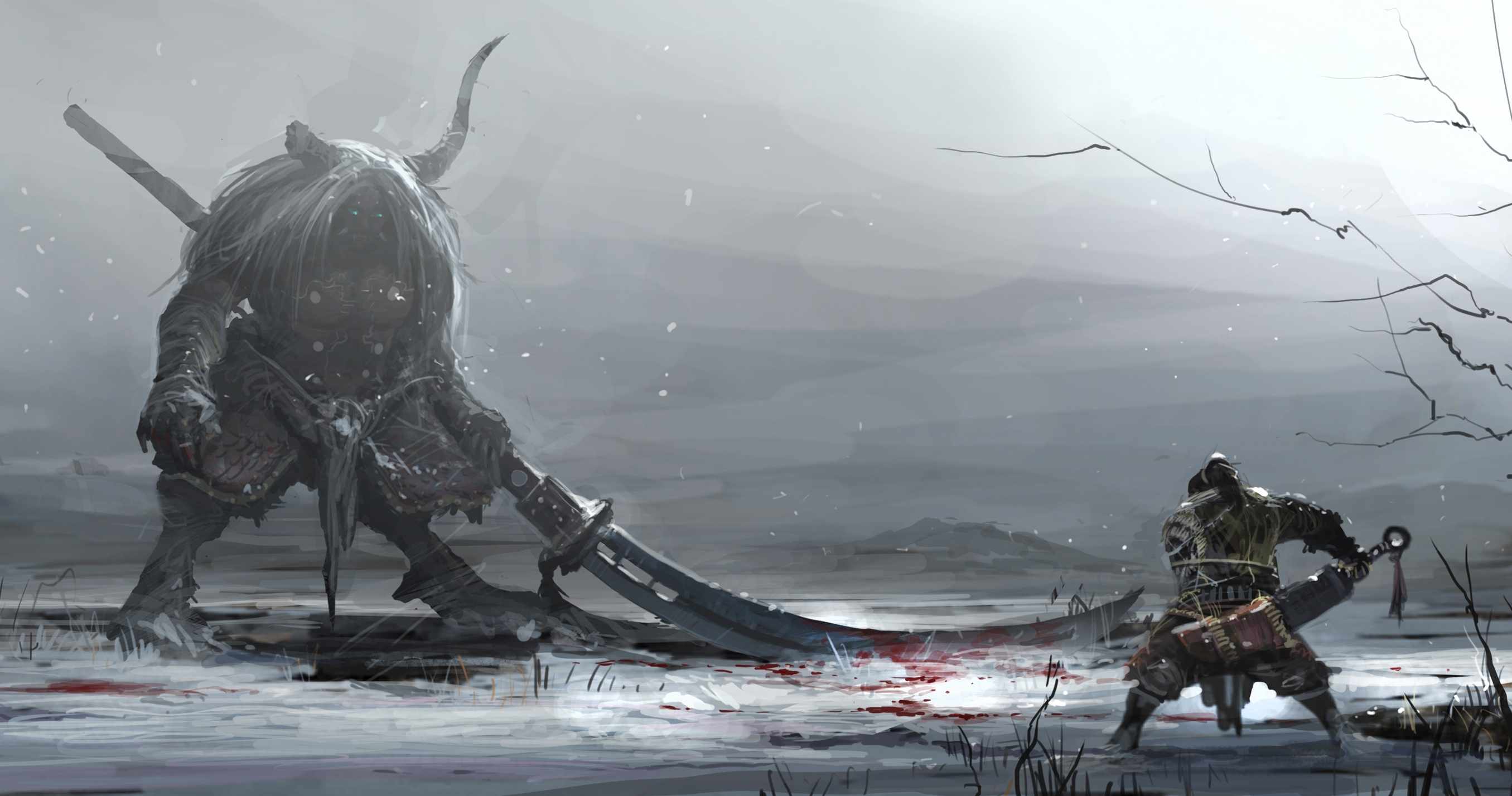Weapon Mastery - BECMI

Recently I have been enjoying the BECMI Berserker's (@becmiberserker) YouTube series on Basic Dungeons & Dragons. His video series reviews the rules and quirks of this early game, stepping through each of the BECMI box set releases - meaning Basic (Red), Expert (Blue), Companion (Teal), Master (Black), Immortal (Gray).

In @becmiberserker's recent video he reviewed the Weapon Master rules published "Black Box" mastery rules - a retrospective and optional character specialization system for the use of weapons.
Weapon Mastery System
From a design perspective the weapon mastery rules are a logical extension from the basic, expert and companion game, as they provide an increased level of fidelity for combat.
Specifically it :
- boosts damage as mastery increases, and
- provides a platform for special abilities: disarm, entangle, throw a rarely thrown weapon such as a sword, using a shield as a weapon, etc.
Whether by design evolution, luck, player feedback, or commercial need (to keep players with martial characters) engaged, the Weapon Mastery rules add new combat maneuvers and make the martial characters more relevant in combat for the first time since Basic play.
This is most definitely welcome given the always advancing magic system which increases with each new spell level.
One might suggest however that the Companion rules added to combat too with Unarmed Combat, Disarm, and Smash rules. But to me the Unarmed Combat (Striking, and Wrestling) and Disarm are circumstantial. Smash gives relevance for martial characters, but this was something game masters had been solving with magic items for years.
So I think it is fair to say that the Weapon Master system is the only enhancement to the general combat system since Basic.
But at what cost?

When I look at the *Rules Cyclopedia* - which is a rework of BECMI that combines all the box sets into a single book - the Weapon Mastery rules look heavy to me. I use the term heavy here rather than complex because the weapon rules apply in every combat.
In contrast the magic system can be complex, but generally isn't heavy. By this I mean that magic (spells) can impact many general rules. But once resolved once at the table, a spell effect is generally understood thereafter, even if it is a Game Masters ruling.
For example, it is complex to determine what happens when an Anti-Magic Field, Time Stop and Wish are all in effect in the same area at the same time! Similarly the *Smash* combat maneuver (-5 to hit and initiative loss but add strength attribute as damage) from Companion rules is a one time complexity but adds lots of flavor!
To me occasional complexity is preferable over constant heaviness in the quest for game flavor.
The saving grace of the design is that the heaviness of Weapon Mastery is deferred.
Weapon Mastery has nearly zero impact on the Basic game (number of known weapons, skilled level is +2 to hit), and only minor perks in the Expert and Companion games.
So by the time the Weapon Mastery system needs to be applied - meaning the special effects, situational armor class adjustments, primary and secondary weapon use modes, etc - the player is very well versed with the game rules and combat rules in particular.
Hence why the system is a net positive. And why I think Frank Mentzer did an excellent job of increasing the play-ability of the game for high level players.
As a hypothetical, if the Weapon Mastery tables were introduced at 1st level I suspect the sheer complexity and friction of choosing a weapon to go adventuring with would see many players push away from the table even before the game starts.
And here is where I arrive at the primary point of this article - the BECMI rules took the players successive releases of increasing game complexity. Something that the current #OneDnD hot mess might want to consider.
To release a new version of the game - perhaps consider the approach that Mentzer's BECMI undertook.
From Mentzer's introductory forward he suggests that the game (BECMI) be seen as Basic being the Dungeon game, Expert the Wilderness, Companion the Strong Hold, Mastery the Realm, and Immortal the Epic Quest.
I think D&D 5th Edition is a good game. But one Wizards of the Coast failed to expand on in a meaningful way. Why is combat so slow and complex now? Where are the Wilderness system rules? Where are the subsystems: Strong Holds, War Machine, Magical Research? Are 20th level capstones seriously the games epic level development? Tip - features after 10th level are so boring as they have no story.
In summary I suggest to you that a new version of DnD should follow BECMI. Specifically I mean:
- start small with a simple core game (designed to scale)
- expand into subsystems to broaden the game
- transition character development from features creep to epic stories.
Good luck #OneDnD - you are going to need it! You might want to take a few tips from this guys work...

P.S> Thanks to Frank Mentzer for the amazing contribution to the Dungeons & Dragons (TM) game with the BECMI box sets. Epic work!
